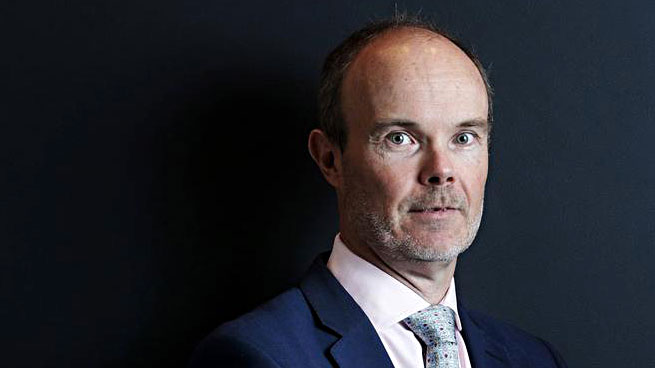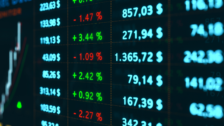‘To finish first, you must first finish’ – Douglass flags valuation concerns
Media pressure continues to grow on Hamish Douglass and the $100 billion Magellan Financial Group. After years of outperformance the flagship fund has been caught off guard by what Douglass himself described as “the best month in 26 years” that was November 2020.
As markets continue to move forward, Douglass and Magellan remained steadfast deciding to “retain investments in long-term structure growth businesses” like Microsoft, rather than switching to those that may do better in the short-term. This decision was based on their lack of internal conviction on vaccine trials and the potential downside risk if they failed.
In his earlier quarterly update, Douglass flagged concerns and heightened risk on the back of potential mutations of the virus ,which may well be growing with the events occurring in India at the present time.
In explaining how the strategy has fared, the last 12 months was broken into three chapters, beginning with the arrival of the pandemic, moving to the bottom in April, and the final vaccine-led recovery in November.
Reflecting on the first chapter, he highlights that the research team was forced to “evaluate the balance sheets of some of the most defensive businesses in the world, where these companies had no revenue yet needed to meet their lending repayments.”
In most recessions, revenue of fast-food restaurants might fall 5%, yet according to the report, they fell by 85% in this case, attracting questions about their solvency. It was this risk and the Magellan mantra to “preserve capital” that led to the adoption of a more defensive mentality and the fund’s initial outperformance.
The second chapter was a little more straightforward, with “extreme monetary and fiscal stimulus” ultimately removing the risk of bankruptcy for most businesses. During this period, Magellan “deployed cash cautiously by investing in highly defensive businesses such as utilities, and businesses such as SAP that have idiosyncratic risk.”
It was in the third chapter when the fund underperformed during an “extremely cyclically-driven rally,” but where Douglass has the most to say. “Foreseeable risks exist that could easily result in a 20% market correction,” but when this occurs is anyone’s guess. Douglass suggests as much as US$5 trillion ($6.4 trillion) in assets ranging from cryptocurrencies to Tesla are no longer underpinned by earnings; they are speculation, he says. “And if these bubbles were to unravel, that could drag down a wider range of investments.”
Magellan’s analysts share the same view as the US Federal Reserve, that the recent stimulus packages will be unlikely to trigger a permanent rise in inflation sufficient to cause an abrupt increase in interest rates. They expect US inflation will rise in the short term but then recede when the spending burst has passed.
Douglass leaves investors with a final piece of wisdom, “Warren Buffett often says to finish first, you must first finish. People who are just following others into fads might not finish.”











